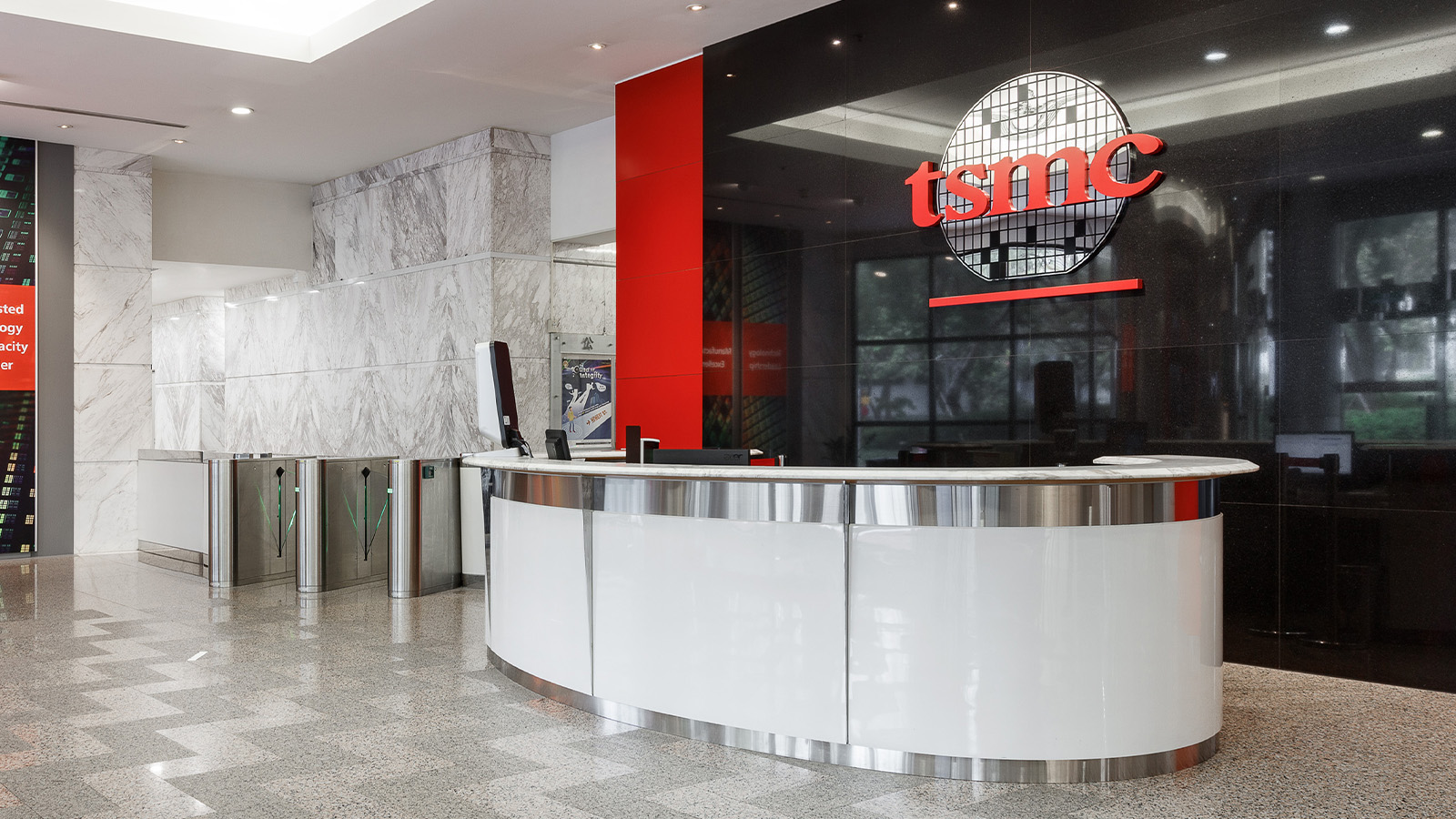TSMC reportedly delays Fab 21 opening ceremony in Arizona until January
Until when Donald Trump takes office.

TSMC has reportedly delayed the opening ceremony of its Fab 21 near Phoenix, Arizona, from December 6 to sometime in late January or even February after Donald Trump takes office, report DigiTimes and China Times, as noticed by Dan Nystedt. The decision means that the ceremony will unlikely be attended by the U.S. current President Joe Biden, or members of his administration.
Last week, a rumor broke out that the opening ceremony for TSMC's Fab 21 was scheduled for December 6, shortly after the recent U.S. election. Attendees were expected to include the outgoing President Joe Biden, President-elect Donald Trump, Arizona Governor Katie Hobbs, and TSMC founder Morris Chang. It turns out the ceremony will be held after January 22, 2025, when Trump takes office, or even in February. According to DigiTimes, attendees of the December 6 ceremony have already been notified.
TSMC is set to invest approximately $65 billion in its Arizona Fab 21 campus, which will include three development phases. So far, TSMC has received $6.6 billion in subsidies, $5 billion in loans, and a potential 25% tax credit on investments. Phase 1 of Fab 21 is reportedly already making a processor for Apple using its 4nm/5nm-class fabrication technologies. Official production for U.S. clients is expected to commence in 2025.
The building of Phase 2 is nearing completion. It aims to produce chips using TSMC's 3nm or 2nm-class production node when it comes online in 2027 or 2028, depending on market conditions and U.S. incentives. Phase 3 is projected to arrive late this decade or early next.
Given Trump's previous stances on the Taiwanese semiconductor industry and the CHIPS and Science Act, TSMC's decision to delay the ceremony reflects caution. TSMC expects a stricter approach from the Trump administration, which could result in pressure for further commitments to U.S. operations, potentially with reduced subsidies and loan guarantees.
Despite these pressures, TSMC's proprietary process technologies and production capacity, which many American companies depend on, as well as the lack of serious competition in the field of advanced nodes (at 5nm-class and below), give it leverage. Even without subsidies, TSMC is in a strong position to continue its U.S. operations, especially as demand for its sophisticated process technologies is growing in America.
Get Tom's Hardware's best news and in-depth reviews, straight to your inbox.

Anton Shilov is a contributing writer at Tom’s Hardware. Over the past couple of decades, he has covered everything from CPUs and GPUs to supercomputers and from modern process technologies and latest fab tools to high-tech industry trends.
-
ekio It's thanks to Trump that there is a TMSC fab on the US ground in the first place, so I guess they plan to celebrate with him because that's what's fair.Reply